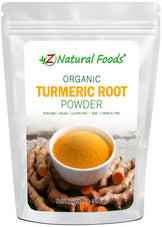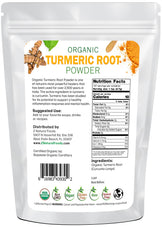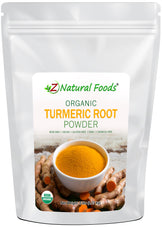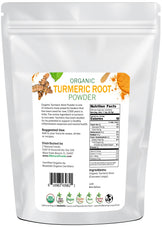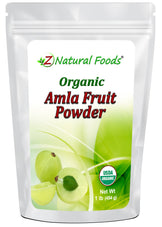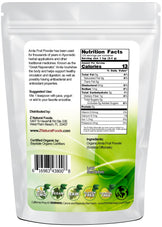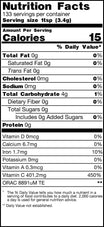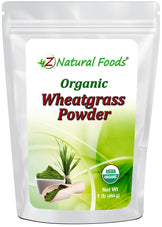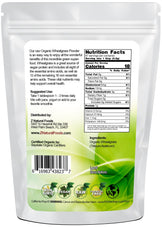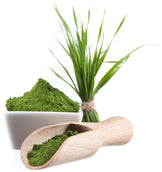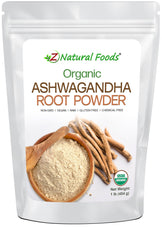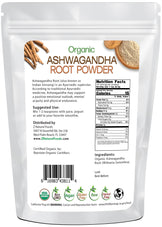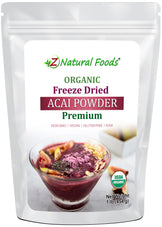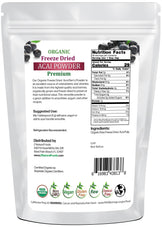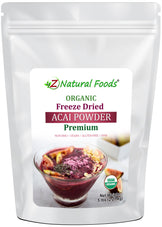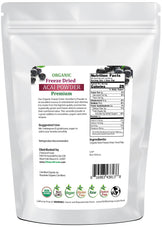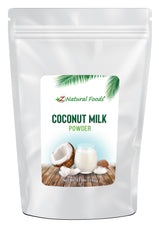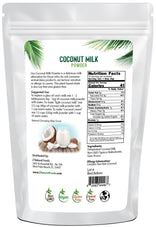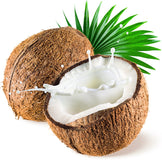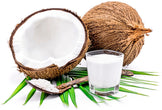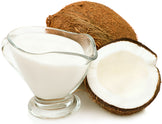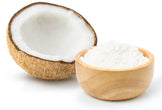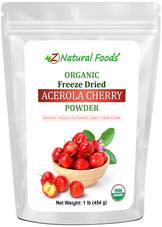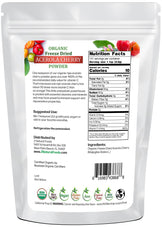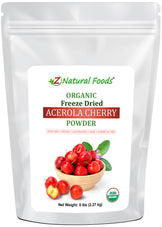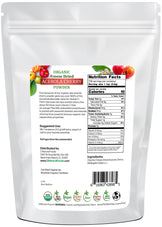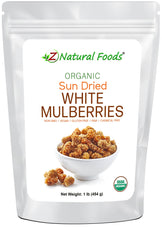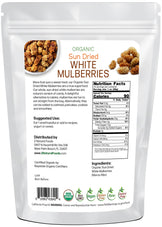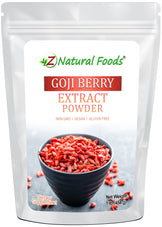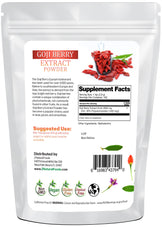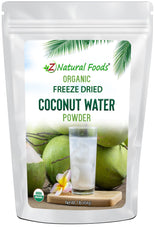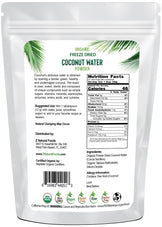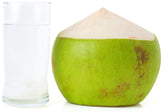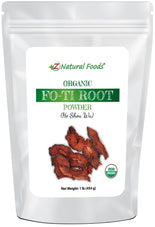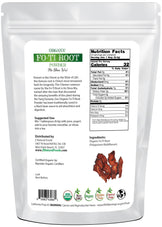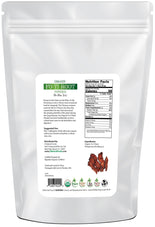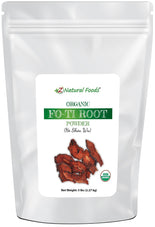Anti-aging

In the realm of gerontology, aging is scientifically delineated as a time-dependent decrement in physiological functions crucial for survival and reproduction, segmented into five distinct stages: self-sufficiency, interdependence, dependence, crisis management, and end of life (Bishop et al., 2010, Nature Reviews Molecular Cell Biology; FDA Guidelines for Nutritional and Dietary Supplements). Research identifies seven interconnected processes that contribute to aging, including stress adaptation via the hypothalamic-pituitary-adrenal (HPA) axis, epigenetic modifications impacting gene expression, inflammation, macromolecular damage, proteostasis related to cellular health regulation, and stem cell regeneration (López-Otín et al., 2013, Cell; NIH Research). This intricate framework offers a comprehensive biomedical understanding of aging, emphasizing the need for evidence-based interventions to support healthy aging (WHO Recommendations; USDA Guidelines). The multifaceted nature of aging processes underscores the importance of integrated, evidence-based research for developing targeted nutritional and dietary supplement strategies (NIH Clinical Trials).

Categorieswhen you select any items page will be refresh and focus will be move out of the page
Health Concerns
Turmeric Root Powder - Organic
Turmeric, a member of the ginger family, is native to India and one of humankind's oldest spices. It has been used for centurie...
Current price$10.99
Amla (Amalaki) Fruit Powder - Organic
Amla fruit is an ancient food source used for centuries in Ayurvedic medicine. It is native to the Indian subcontinent and is a...
Current price$19.99
Wheatgrass Powder - Organic
Organic Wheatgrass powder is a powdered form of Wheatgrass, a type of young grass of the wheat plant Triticum aestivum. It has ...
Current price$16.99
Ashwagandha Root Powder - Organic
The name ashwagandha is derived from two Sanskrit words – ‘ashwa’ meaning horse and ‘gandha’ meaning smell. This refers to the ...
Current price$21.99
Acai Berry Powder Premium - Organic F...
The Acai Berry, scientifically known as Euterpe Oleracea, is a superfruit indigenous to the Amazon Rainforest. This freeze-drie...
Current price$44.99
Coconut Milk Powder
Coconut milk powder has been used for centuries in many parts of the world, including the South Pacific, India, and Southeast A...
Current price$224.99
Acerola Cherry Powder - Organic Freez...
Organic Freeze-Dried Acerola Cherry Powder, derived from Malpighia emarginata, is a nutrient-dense superfood indigenous to Cent...
Current price$49.99
Sun Dried White Mulberries - Organic
Organic Sun-dried White Mulberries have been enjoyed for centuries. They are native to Western and Central Asia and have been u...
Current price$13.99
Goji Berry Extract Powder
Goji Berries, also known as wolfberries, are native to the Himalayan region and have been used in Chinese medicine for centurie...
Current price$29.99
Coconut Water Powder - Organic Freeze...
Organic freeze-dried coconut water powder is a relatively new product, but the history of Coconut Water dates back centuries. ...
Current price$39.99
Mangosteen Fruit Powder - Organic
Mangosteen is a tropical fruit native to Southeast Asia known for its sweet and tangy flesh. It has been used for its medicina...
Current price$32.99
Fo-Ti Root Powder (Ho Shou Wu) - Organic
Organic Fo-ti root, also known as He Shou Wu, is an ancient medicinal plant native to Eastern Asia. It is a climbing vine that ...
Current price$29.99
Feel Better. Look Better. Be Better.
Get on the list for actionable Health & Nutrition advice every week.

